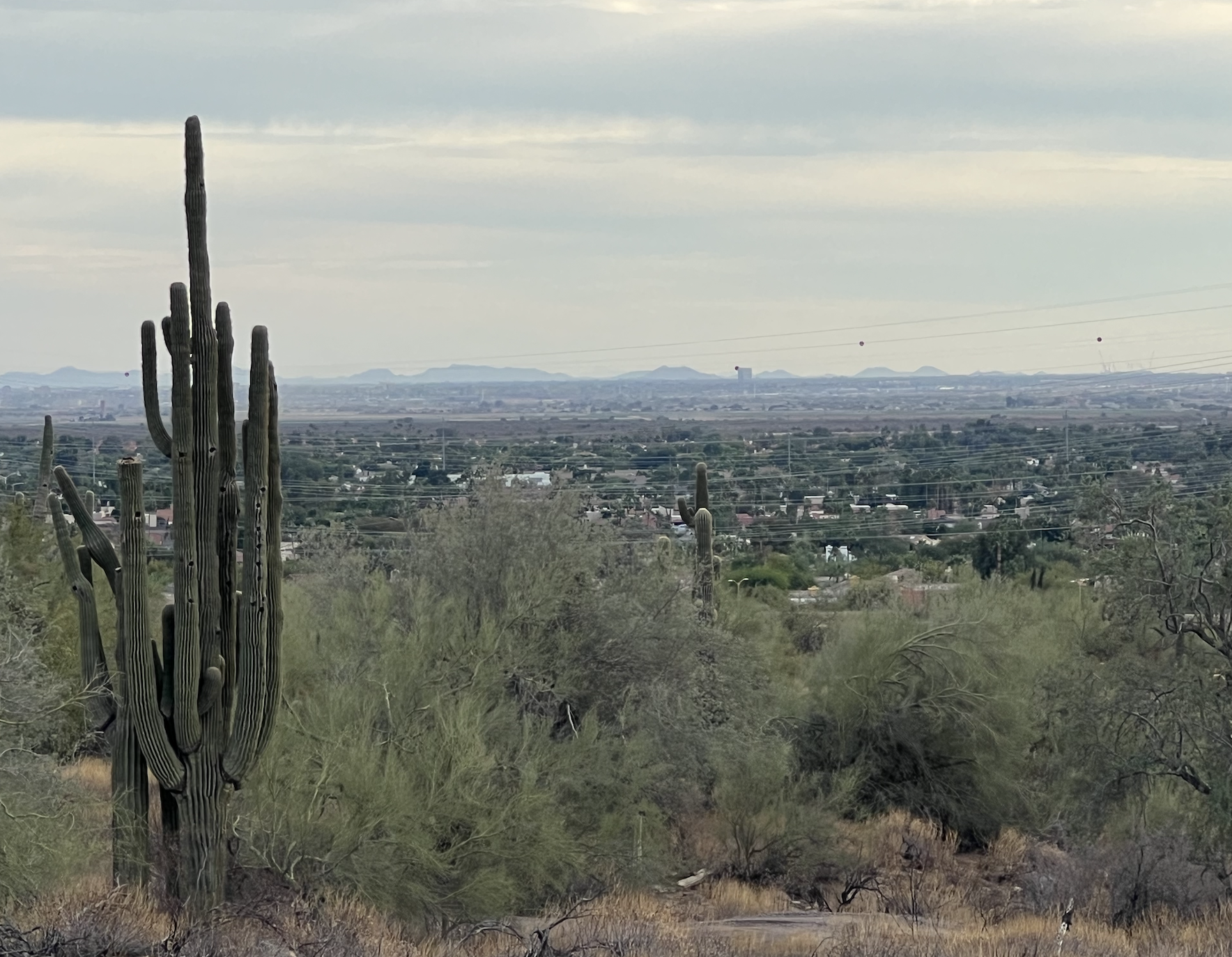One of the things that I found most helpful last week working with the Canadian Labour Congress was an appreciative interview process — “What do you do when you don’t know what to do?” It is an important question for any of us working with and facilitating groups. Particularly so when when I think of the kind of new learning that most of us are experiencing and inviting as we use collaborative processes.
 Colleagues, Esther Matte and Kim Yardy lead us in this process. The invitation was first to meet in pairs and tell a story of a time working with groups when we didn’t know what to do. And from there, notice what were some of the practices that we counted on to help us get through that time. Then from their, join with two additional pairs to hear the gist of the stories and notice together the collective insight of practices.
Colleagues, Esther Matte and Kim Yardy lead us in this process. The invitation was first to meet in pairs and tell a story of a time working with groups when we didn’t know what to do. And from there, notice what were some of the practices that we counted on to help us get through that time. Then from their, join with two additional pairs to hear the gist of the stories and notice together the collective insight of practices.
I was very moved by these stories and our inquiry together. Stories from the five different unions. Everything from working with a group that had evolved into very violent, gang-like
behaviors to helping to support retired workers with pensions. The stories were rich. Personal. Examples of times when each of us were stuck.
There were three practices that felt very strong and clear for me, that I offer here as a topic that I want to continue to explore.
- Welcome Fear as a Teacher — Thanks in particular to my colleague Kai Lai for this one. Kai was helping me to learn again about leaning into fear, whether it be nervousness, or insecurity, or just complete never-been-seen-before newness. I appreciate Kai’s depth to be able to see the unique learning that is available in the moment if we move towards the fear rather than away from it. It is learning for that moment, teaching. It is certainly learning for the next times, leading groups also.
- Ask for Help — I had shared a few stories about times when I have not known what to do, and that in the best of times, I simply asked for help from the group. It is a shift from an infallible facilitator (or as Meg Wheatley calls it, leader as hero) to a shared commitment to learning and hosting. I also like the indigenous teaching on this shared by my friend Chris Corrigan — “it is kind to ask for help.”
- Count on Intuition and Experience — Mike Powers in particular helped me to see this one because we had more time together. But I found it as a common thread across the six of us in the group. Counting on experience, or trusting in it, is to welcome insights to show up. The insights may not make complete rational sense, as we are often looking for, but they are a form of another kind of knowing. Promptings that I sense many of us are learning about as we continue to face new glimpses of the future.
There was so much to love in these labour leaders. I particularly loved the sense that they can take what we learned together and apply it across so many contexts in which they work. With them it feels like a movement is not only possible, but probable. That networks can grow into powerful communities of practice. That a shift in culture is well-supported and in reach, and that can make a huge difference on how labour education happens in Canada, and how social justice is supported.
A few photos from this event are here.
Also a poem created by Barb Saxberg of responses from this exercise is here.
